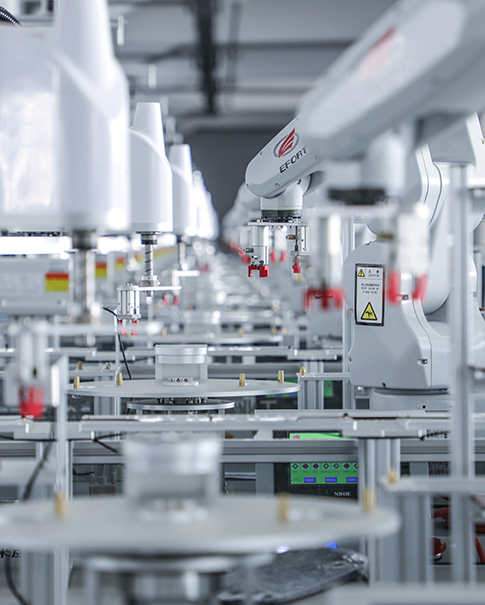DNA data storage offers unparalleled longevity compared to traditional methods. As highlighted in , DNA can preserve information for millions of years under ideal conditions (low temperature, dryness, and darkness), as proven by the extraction of 2-million-year-old DNA from Greenland permafrost. This makes it ideal for safeguarding humanity’s most critical archives, such as historical records, cultural heritage, and scientific databases. For instance, institutions like the Arctic World Archive already use analog storage for long-term preservation, but DNA could provide even denser and more durable solutions.
Healthcare is a prime candidate for DNA storage adoption. Researchers have successfully encoded 72GB of MRI data into DNA with high fidelity, enabling reliable retrieval for disease diagnosis and treatment monitoring . DNA’s compactness allows vast patient datasets—genomic information, imaging results, and treatment histories—to be stored in a space smaller than a sugar cube. This could streamline personalized medicine and global health data sharing while reducing energy consumption from traditional data centers.
With global data production projected to exceed 175ZB by 2025 , traditional storage methods (e.g., magnetic tapes, SSDs) face energy and space constraints. DNA storage consumes minimal energy and requires no power for maintenance, making it a green alternative. For example, storing 1TB of data in DNA uses negligible energy compared to energy-hungry server farms. This aligns with global sustainability goals, particularly for industries like finance and telecommunications that handle exabyte-scale data.
Recent breakthroughs have brought DNA storage closer to practicality. The DNA-DISK platform, developed by a Sino-Japanese research team, integrates enzyme-driven synthesis and microfluidics to automate DNA encoding/decoding . In trials, it stored text files and musical scores (e.g., Jasmine Flower) into DNA with 100% accuracy. This innovation addresses previous bottlenecks like slow synthesis speeds and high costs, paving the way for affordable, user-friendly DNA storage devices.
Standardization: Universal encoding/decoding protocols are needed for cross-industry compatibility.
Email us
Reply within one working dayVisit us
32D Guomao Building, No.388, Hubin South Road, Siming DistrictDisclaimer : Salesplc sells new and surplus products and develops channels for purchasing such products. This website has not been approved or recognized by any of the listed manufacturers or trademarks. Salesplc is not an authorized distributor, dealer, or representative of the products displayed on this website. All product names, trademarks, brands, and logos used on this website are the property of their respective owners. The description, explanation, or sale of products with these names, trademarks, brands, and logos is for identification purposes only and is not intended to indicate any association with or authorization from any rights holder.
Copyright @2024 SalesPlc Limited. Sitemap
/ Blog
/ XML
/ Terms And Conditions
/ Privacy Policy
 Network Supported
Network Supported
